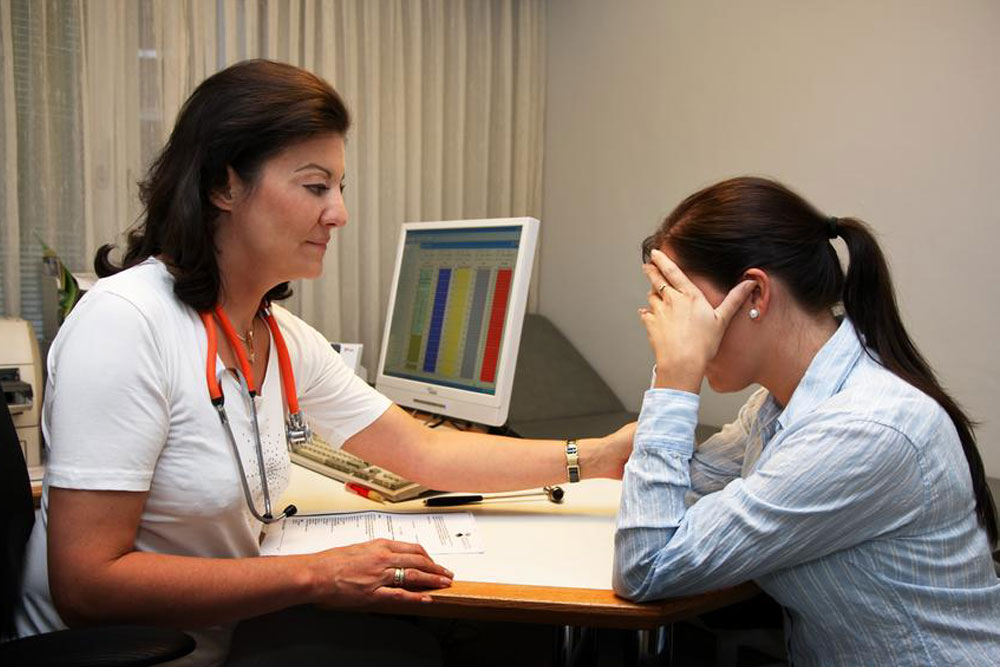Signs and symptoms of Ovarian Cancer
While there are many kinds of cancers that both men and women may suffer from, there are certain forms of this disease that may specifically affect the reproductive organs of either the male or the female patient. Ovarian cancer is one such kind of cancer that only women suffer from and it refers to the cancer that spreads through the ovaries of the patient. Find out more about this disease here.
• Ovarian Cancer: This kind of cancer usually happens when the abnormal cells within the ovaries multiply at a very fast rate and cause the manifestation of a growth or tumor which may or may not be malignant in nature.

• Symptoms: Some of the earliest signs of the disease may be easily overlooked as routine aches and pains that most women go through, especially in and around the time of the menstrual period. One may experience some difficulty when it comes to working up and appetite and keeping down food in a normal manner. Further, the lady will feel a lot of pain in the abdomen region along with swelling and bloating.
• Other Symptoms: There are various other symptoms related to ovarian cancer. One will feel the urge to urinate, but may find some challenges in urinating easily since the passage may be blocked by the buildup of toxins and the cancerous growth as well. Further, intercourse may become a rather painful affair for many ladies and they may experience inordinate amount of pain during their menstrual cycle and period as well. Also, heartburn and indigestion will be experienced on a constant basis by the patients.
• Understanding the Symptoms of Ovarian Cancer: While many ladies may go through these and related symptoms on a constant basis, at some point or the other, it is best not to ignore them. This should especially be reported to a doctor if the above symptoms come with other signs like fatigue, nausea, vomiting, headaches and general body ache as well as fever.
• Risk Factors: Your must regularly get tested and screened for this kind of cancer, especially if you happen to have a family history of the same. The genetic mutations like BRCA1 or BRCA2 can also lead to the rise of this disease. Genetic testing will usually reveal the existence of these carrier genes so that one may take early precautionary measures and learn to read the signs and symptoms at the earliest for timely detection.

